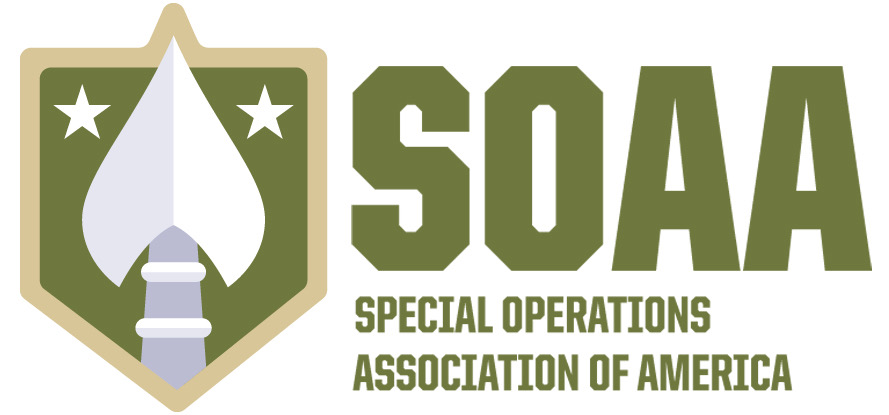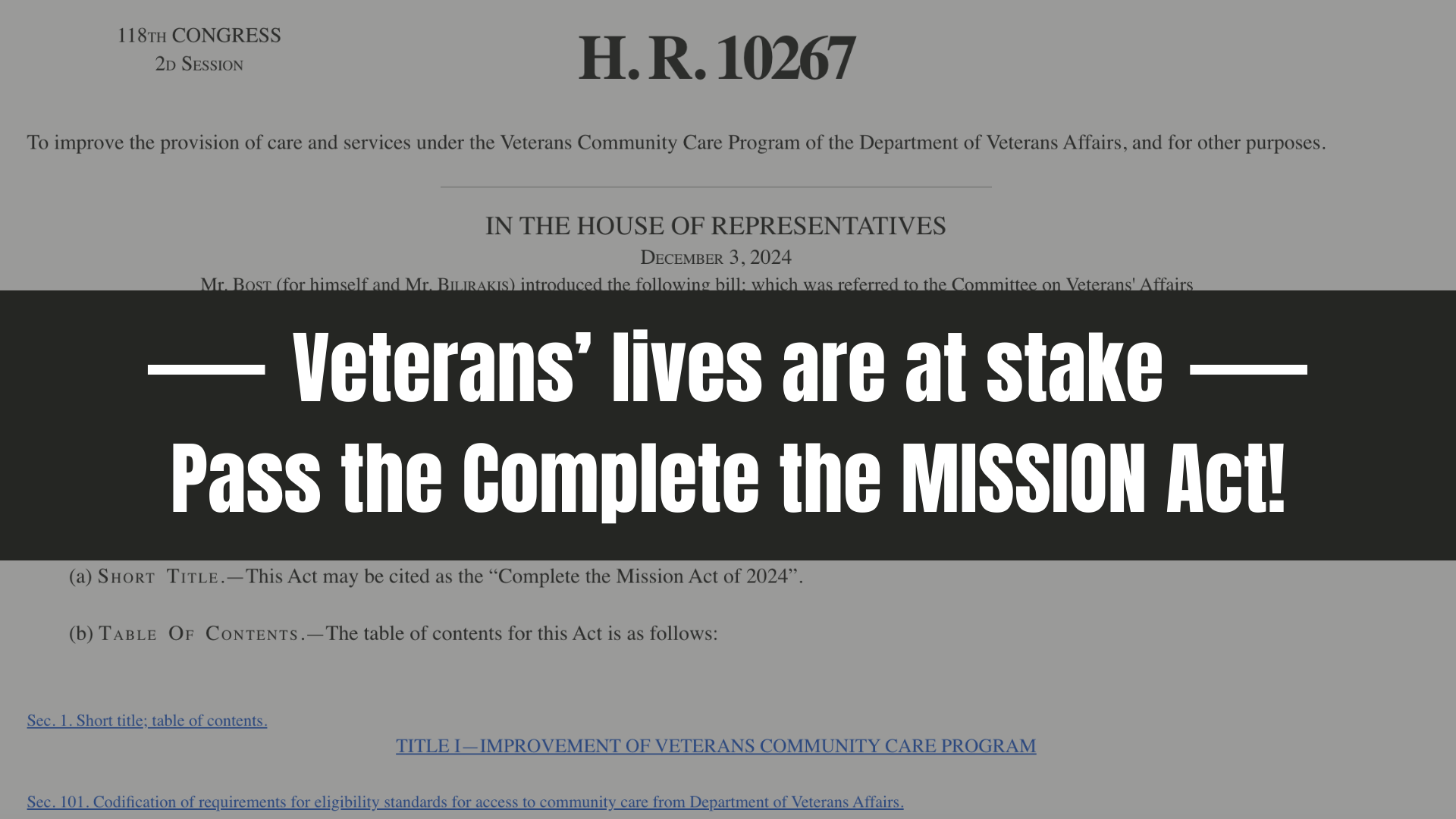The mental health crisis facing America’s Veterans is a challenge that demands immediate action. For members of the Special Operations community and their families, this crisis is particularly acute. As outlined in our Statement for the Record to the House Veterans Affairs Committee, we strongly support HR 10267 – “The Complete the MISSION Act” to address critical gaps in the care provided to Veterans experiencing acute mental health crises.
Read Our Statement for the Record
A study conducted by the American Association of Suicidology for US Special Operations Command (USSOCOM) found that suicide rates among Special Operations Forces (SOF) are 30% higher than those of conventional forces. This sobering statistic highlights the urgent need for timely and effective mental health care for these Veterans. The study identified traumatic brain injury (TBI), untreated emotional trauma, substance use disorders (SUD), and mental health conditions such as anxiety, depression, and post-traumatic stress (PTS) as high-risk comorbidities for suicide among SOF members. These Veterans often face stigma and barriers to accessing necessary residential rehabilitative treatment programs (RRTP). Tragically, delays in treatment can have devastating consequences. As Veterans mask their conditions, the critical window for intervention can close, leading to preventable loss of life.
The Department of Veterans Affairs (VA) is tasked with providing timely and effective care for Veterans. However, internal policies and the lack of codified standards frequently result in unacceptable delays in access to life-saving RRTP. While VHA DIRECTIVE #1162 requires admission to inpatient residential care within 72 hours for priority patients or 30 days for others, these standards are often unmet. Veterans may wait weeks or even months for care, only to be referred to facilities several states away rather than to local Community Care Network (CCN) providers with immediate availability. In many cases, VA administrators have overridden primary care providers’ referrals to CCN providers. Some Veterans are incorrectly told that community care is not an option or encounter staff unfamiliar with the referral process. This systemic resistance to utilizing CCN providers not only delays treatment but also erodes Veterans’ trust in the VA.
HR 10267, “Complete the MISSION Act,” offers critical solutions to these challenges. By codifying access standards and ensuring accountability, this legislation aims to:
- Guarantee timely access to mental health and SUD treatment programs.
- Empower VA providers to make referrals to CCN providers when appropriate.
- Eliminate bureaucratic hurdles and inconsistent application of care standards.
- Restore Veterans’ confidence that the VA prioritizes their health and well-being.
This legislation reflects the spirit and intent of the MISSION Act by emphasizing the importance of swift and effective care, whether through VA programs or trusted CCN providers.
We remain committed to advocating for the well-being of our nation’s Veterans. We thank Chairwoman Mariannette Miller-Meeks and Ranking Member Julia Brownley for their leadership on this issue and for the opportunity to provide our statement of record. The passage of HR 10267 would represent a significant step toward addressing the systemic issues within the VA and ensuring Veterans in crisis receive the care they need when and where they need it. We urge Congress to support HR 10267 and the critical reforms it seeks to implement. By doing so, we can save lives and uphold the promise of care and support for those who have served our nation.





